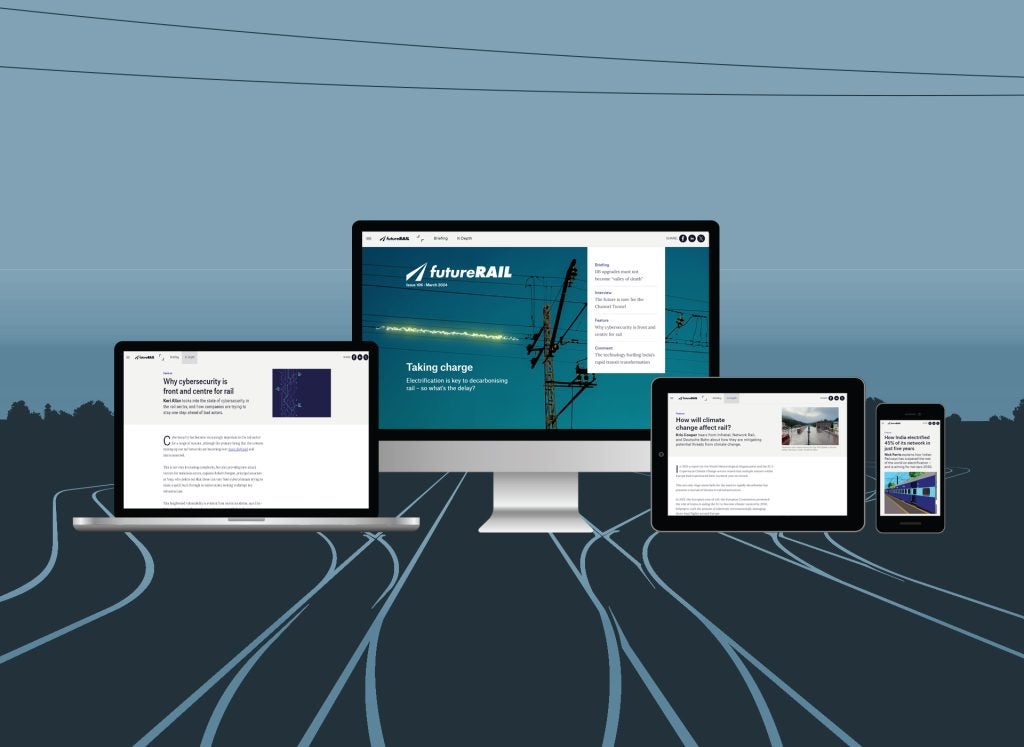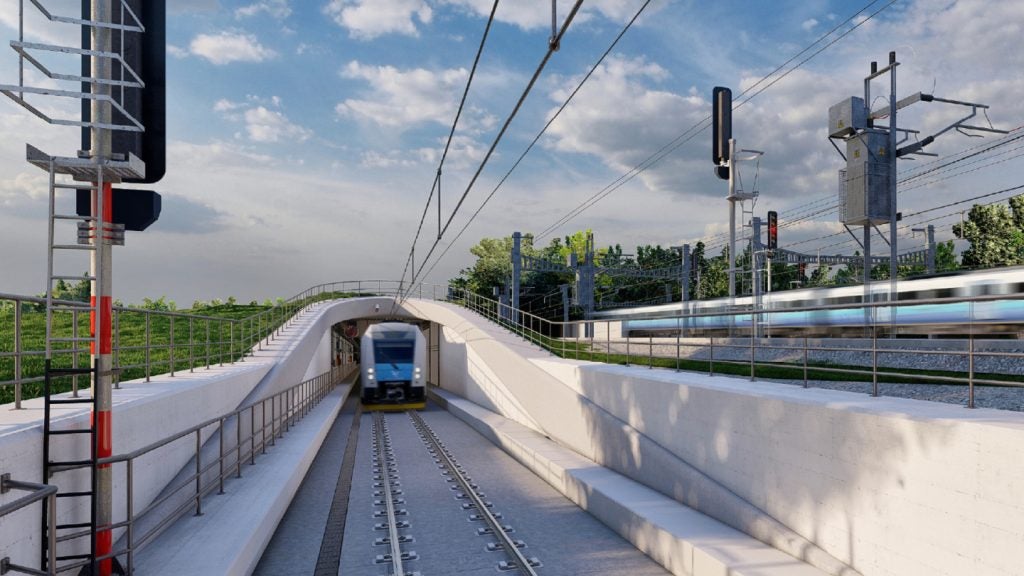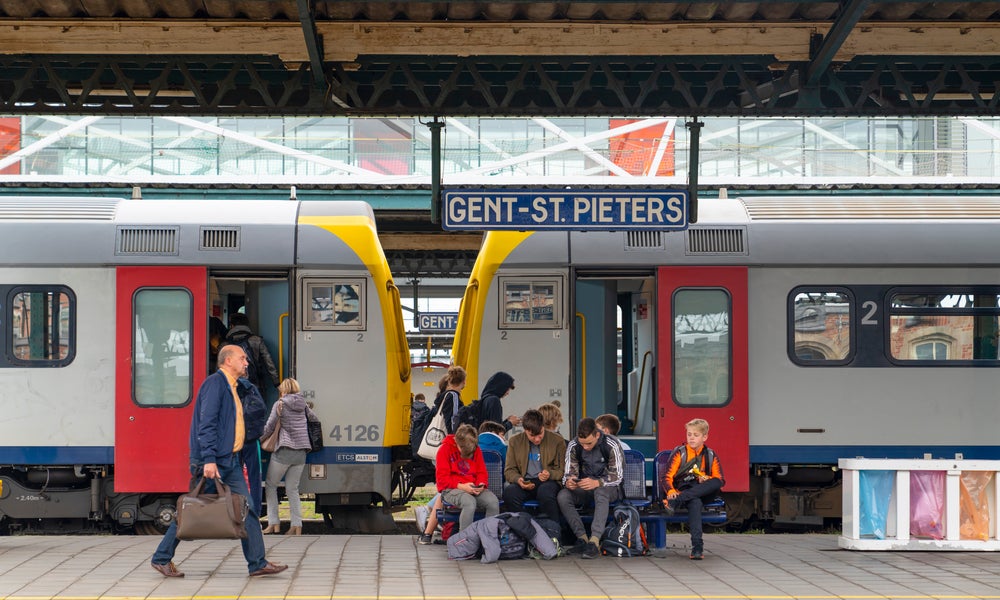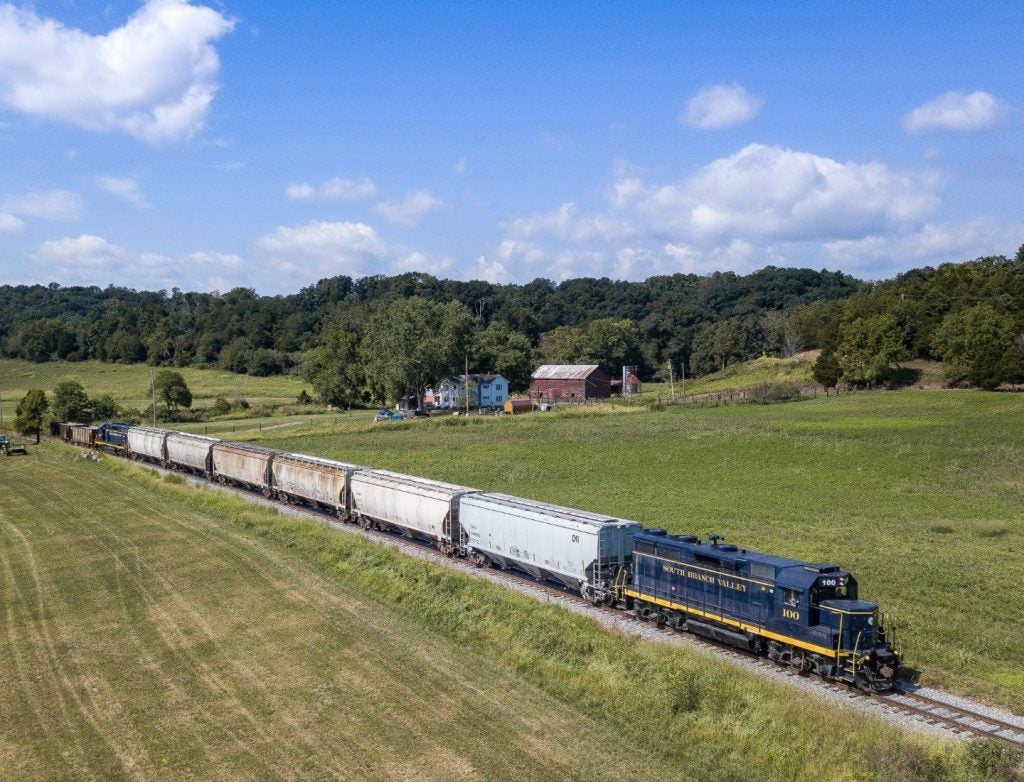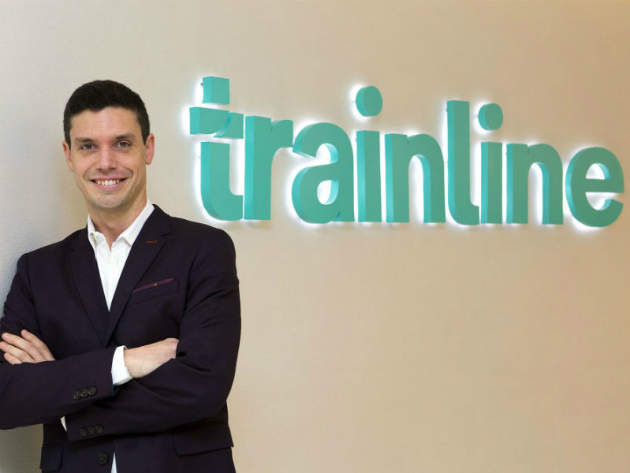
Trainline” class=”fullwidth” src=”https://www.railway-technology.com/wp-content/uploads/image-digitalinsightresearch/Active/2016Q3/2.NRI/Railway/Features/Trainline.jpg” />
Buying a train ticket is often described as one of the most painful passenger experiences. Confusion over what is meant by on or off-peak, reference codes for tickets, restrictions and so on. Websites such as Trainline have long tried to simplify the process and its migration to a cloud-based data centre is seen as the next logical step.
On the old, co-located data centre, it could take up to six weeks to release new updates for the website and app, but “we recently did 150 releases in a week”, says Trainline’s chief technology officer, Mark Holt. “That speed is great.”
With new features such as BusyBot, which tells passengers what train carriages are the busiest, adding more personalisation to each journey, the signs are promising. Here, Holt delves deeper into the company’s plans for the future and explains why he sees mobile as the antidote to some of the industry’s ills.
Gary Peters: Trainline has grown into Europe’s top independent travel website, how have you achieved that?
Mark Holt: We sell £2.3bn worth of tickets every year and we've got there by obsessively focusing on customer experience.
See Also:
We have a meeting once a week where the CEO and management team listen to customer phone calls and hear their main points.
How well do you really know your competitors?
Access the most comprehensive Company Profiles on the market, powered by GlobalData. Save hours of research. Gain competitive edge.

Thank you!
Your download email will arrive shortly
Not ready to buy yet? Download a free sample
We are confident about the unique quality of our Company Profiles. However, we want you to make the most beneficial decision for your business, so we offer a free sample that you can download by submitting the below form
By GlobalDataOur research tells us one of the worst parts of rail travel is actually booking the ticket. What we do is ask, 'how can we make our product as effective as possible?’
GP: How do you stay at the top?
MH: I think it's more of the same. We arrange our development teams around products, which enables them to get really close to customers.
We often do what we call a discovery sprint, where people will go out to a station and talk to customers about their journeys. Our teams then come back, with lots of data, and see how a feature is performing. That's a big part of our culture; making sure our decisions are data driven.
We've also got a price bot feature on our app, which shows customers how much they could save by changing their time of travel.
And we're looking at price prediction to say 'based on the number of people looking at this route and tickets available at this price, the price might go up in the next two hours, tomorrow, or three days’ time’.
Most of the really good stuff we do doesn't come from the massive scale innovation, but lots of the little things that happen on a day-to-day basis.
GP: You’ve moved your technology to the cloud. How and why have you done this?
MH: We can save money that used to be spent on simply refreshing servers and buying new storage. Now I can spend that more wisely on software developers.
People want to get stuff out of the door quickly. Moving to the cloud has enabled us to go to continuous delivery.
A few weeks ago, we did 150 releases in a week. That speed is great. We used to do six-weekly releases. We had a target of getting to continuous delivery in October last year, but we made it in June. The migration process to the cloud has also helped us modernise our tech.
GP: What is it that passengers want from a train travel website in 2016 and in the next five to ten years?
MH: Mobile is everything. My example is the magic carpet ride; I just want everything to be smooth and seamless. I buy my mobile ticket and it tells me the platform and if I'm delayed, and I can then share that information.
It also comes down to the data that we capture. BusyBot is awesome. We have 26,000 people dropping data into this every day. It's learning all the time what trains are busy.
It enables us to be much more intelligent. And you can use that at booking time and tell passengers it might be better to take a train 20 minutes earlier.
Let's say you're taking the family to Manchester and it happens to be on the weekend Manchester United are playing at home. You don't really want to be on the 11am train, so why not take the 9am train? That just makes the whole experience [better].
Being able to do everything with your mobile phone is really the key.
GP: Can BusyBot begin to alleviate some of the issues we have in the UK regarding capacity and overcrowding?
MH: BusyBot will shift people to travel at different times of day and in different carriages.
We have customers tell us they've been commuting from the same spot on the platform for three years and never sat down, but BusyBot told them to go to the back and they found plenty of free seats.
GP: How can you speed up the process of buying tickets?
MH: We know from research that passengers add 20 minutes to their journey time for just collecting tickets.
A mobile ticket is just a great experience. I think we're up to 45% of routes now mobile ticket enabled, from which we get 97% customer satisfaction. We've sold £5m worth of mobile tickets this year.
I also love our smart ticket feature, which shows you what trains you can travel on. If you've bought an off-peak ticket, it will tell you what times you can travel. It brings the ticket to life.
We had a great announcement recently from the Transport Secretary, Chris Grayling, saying that by the end of 2018 every rail journey should be able to be taken using a mobile ticket.
There are people who still appreciate the paper ticket. And don’t forget we are fighting against a 100-year-old habit.
GP: Are we now at a moment where the industry is really starting to appreciate the usefulness of going digital?
MH: The industry is starting to understand that customer experience is critical. Rail is a really interesting area.
Millions of journeys are taken and there's a massive data set that comes from that. It's a great area for techies. It's about improving people's lives.
GP: Do you think your role at Trainline has changed from simply providing the ticket buying service to actually helping the industry move forward?
MH: Absolutely. We work very closely with the industry – where we are today with mobile tickets is a great example of that.
One of original pilots for mobile tickets in the north of England, we were right at the heart of it and helped to project manage it.
There's a tipping point, presumably, where customers will start to demand mobile tickets. It gives you so much more information. Who knows what is off-peak or on-peak? Well, the mobile ticket gives you that information.



